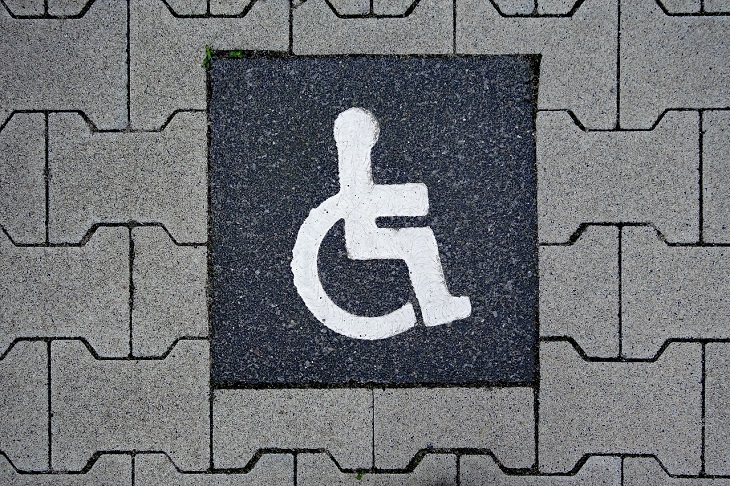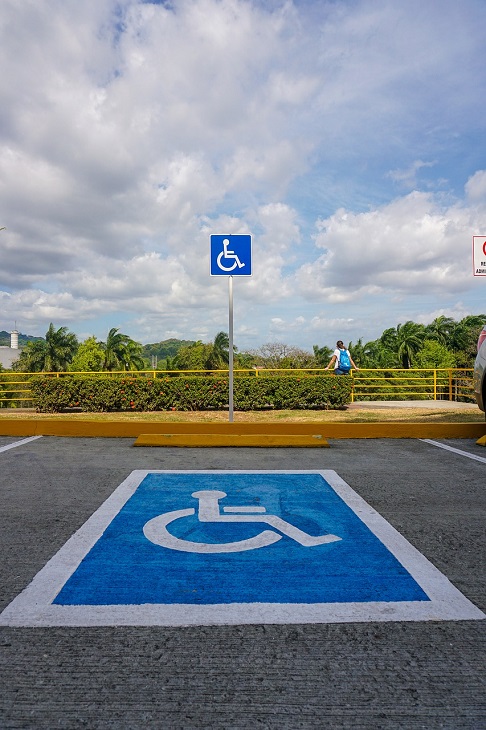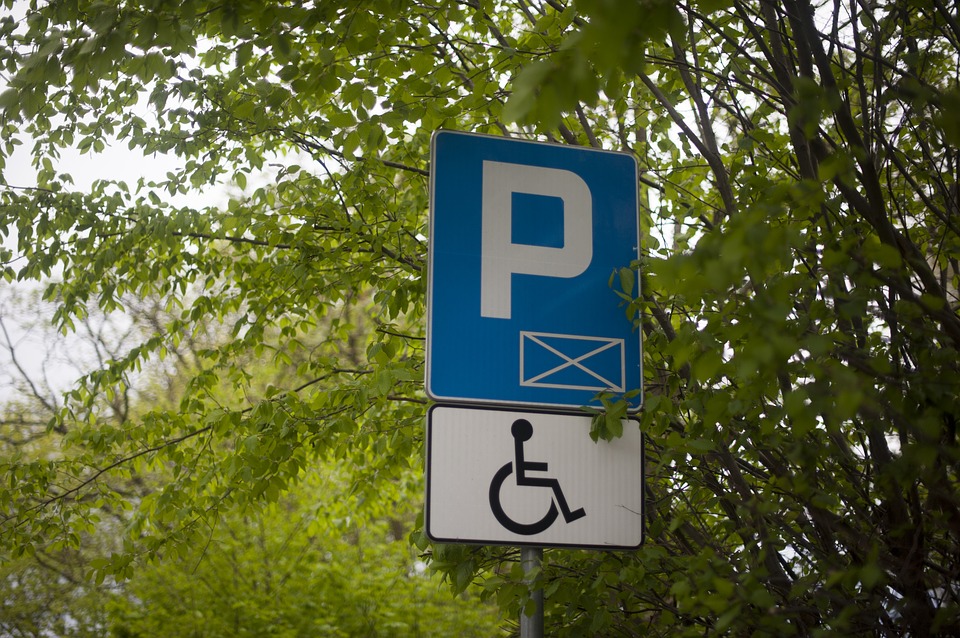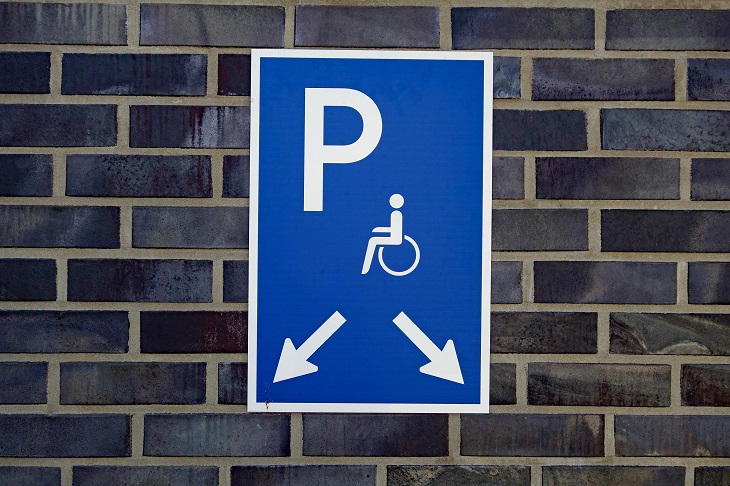Having a disability can add a lot of extra expenses to life. Many disabled people need to use costly equipment to help them get around. This is certainly the case when it comes to travel and driving a vehicle.
People who are disabled incur a lot of expenses that are directly related to their disability. Disabled drivers and caregivers often need to adapt their vehicles to accommodate their specific situation. Disabled people also incur extra expenses when they need to visit medical centers, doctors’ surgeries, and hospitals.
The US government takes these extra expenses into account when collecting federal tax. The equipment that a disabled person must purchase to alleviate or prevent injury is essential for them to be able to function and live their life. For this reason, a lot of medical equipment is tax-deductible.
What Does ‘Tax-Deductible’ Mean?
Filing a tax return (and dealing with taxes in general) can be quite confusing for most people. The federal tax system is complicated and sometimes convoluted. But understanding the tax system, and your entitlements within it, can save you a lot of money.
The term ‘tax-deductible’ is important to understand. When an expense is tax-deductible it means that you can list it as an essential expense. These essential expenses are subtracted from your gross income. This means that the amount of income that is considered ‘profit’ (and that you therefore need to pay income tax on) is lowered. This means you pay less overall income tax.
Is Durable Medical Equipment Tax-Deductible?
Most durable medical equipment qualifies as tax-deductible. The IRS allows you to claim the costs of any tax-deductible medical equipment that exceeds 7.5% of your Adjusted Gross Income. This means you just add all of your tax-deductible medical expenses incurred during the tax year together and the portion of it that exceeds 7.5% of your gross income is tax-deductible.
Is A Handicap Ramp Tax-Deductible?
A handicap ramp for your vehicle or home is a piece of durable medical equipment that qualifies as tax-deductible.
What Disabled Vehicle Adaptations Are Tax-Deductible?
Many disabled people, and their caregivers or family members, need to purchase expensive durable medical equipment for their vehicles. Most of this equipment is tax-deductible.
The most common tax-deductible vehicle adaptations are:
- Electronic hand controls
- Wheelchair lifts and ramps
- Raised ceilings
- Lowered floors
- Left-side accelerator pedals
What Vehicle Adaptations Are Not Tax-Deductible?
Several vehicle adaptations that can be used by people with a disability, but are also used by people who do not have a disability and therefore are not considered essential, are:
- Steering wheel knobs
- Automatic transmission
- Power steering
- Running boards
- Grab bars
Are Purpose-Built Wheelchair Vans Tax-Deductible?
In 2020, there are several fantastic, state-of-the-art, purpose-built wheelchair vans on the market. These vans come already fitted with design features that make driving as a wheelchair-user, or transporting a wheelchair-user, easy.
The cost of these vans is also partly tax-deductible. The part of the cost that is tax-deductible is the amount that the wheelchair van cost over and above the cost of what a similar van that was not wheelchair-friendly would cost.
Is Travel For Medical Purposes Tax-Deductible?
Travel costs incurred when traveling for medical purposes can also be included in tax-deductible medical expenses. This can include the cost of fuel, parking fees, and toll fees that were paid on medically essential journeys – for example, to a hospital, medical center, or physiotherapist.
Can The Family Or Caregiver Of A Disabled Person Claim Tax Deductions?
It is not only a disabled person themselves who can claim tax deductions. A spouse, a dependent, or a qualified relative can also claim tax deductions for qualifying medical expenses incurred.
Can A Handicap Permit Save You Money?
A handicap parking permit is another great way to save money as a disabled driver, or caregiver. A handicap permit will entitle its holder to park for free in parking spaces in lots, and also in metered, on-street spaces in many jurisdictions in the country.
How Can You Get A Handicap Parking Permit?
The best way to get a handicap parking permit is to arrange an online consultation with a registered medical professional through Dr. Handicap. Once the medical professional verifies your disability they will complete and sign the relevant sections of a DMV form and email it directly to you.
Featured image by Steven HWG on Unsplash









